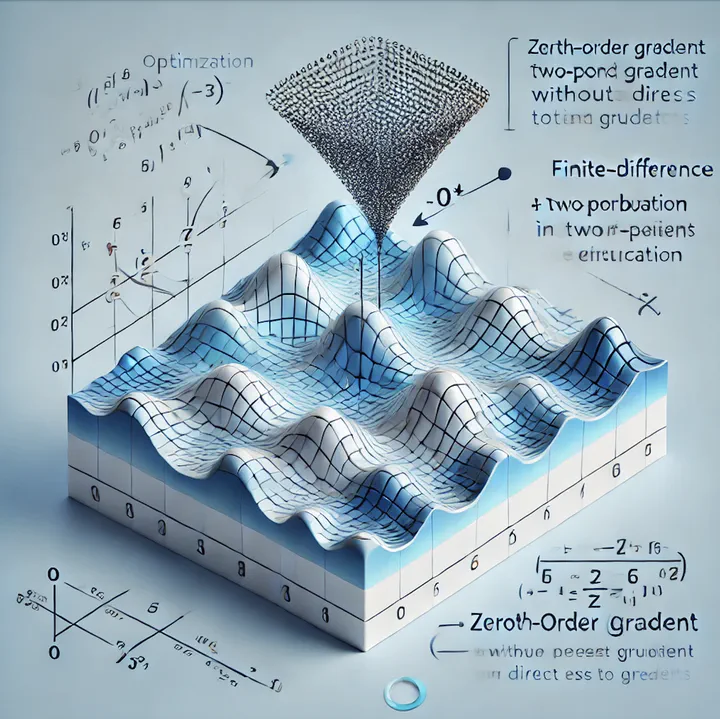Communication-efficient stochastic zeroth-order optimization for federated learning
Jan 1, 2022·,,,,,·
0 min read
Wenzhi Fang
Ziyi Yu
Yuning Jiang
Yuanming Shi
Colin N Jones
Yong Zhou

Abstract
Federated learning (FL), as an emerging edge artificial intelligence paradigm, enables many edge devices to collaboratively train a global model without sharing their private data. To enhance the training efficiency of FL, various algorithms have been proposed, ranging from first-order to second-order methods. However, these algorithms cannot be applied in scenarios where the gradient information is not available, e.g., federated black-box attack and federated hyperparameter tuning. To address this issue, in this paper we propose a derivative-free federated zeroth-order optimization (FedZO) algorithm featured by performing multiple local updates based on stochastic gradient estimators in each communication round and enabling partial device participation. Under non-convex settings, we derive the convergence performance of the FedZO algorithm on non-independent and identically distributed data and characterize the impact of the numbers of local iterates and participating edge devices on the convergence. To enable communication-efficient FedZO over wireless networks, we further propose an over-the-air computation (AirComp) assisted FedZO algorithm. With an appropriate transceiver design, we show that the convergence of AirComp-assisted FedZO can still be preserved under certain signal-to-noise ratio conditions. Simulation results demonstrate the effectiveness of the FedZO algorithm and validate the theoretical observations.
Type
Publication
IEEE Transactions on Signal Processing